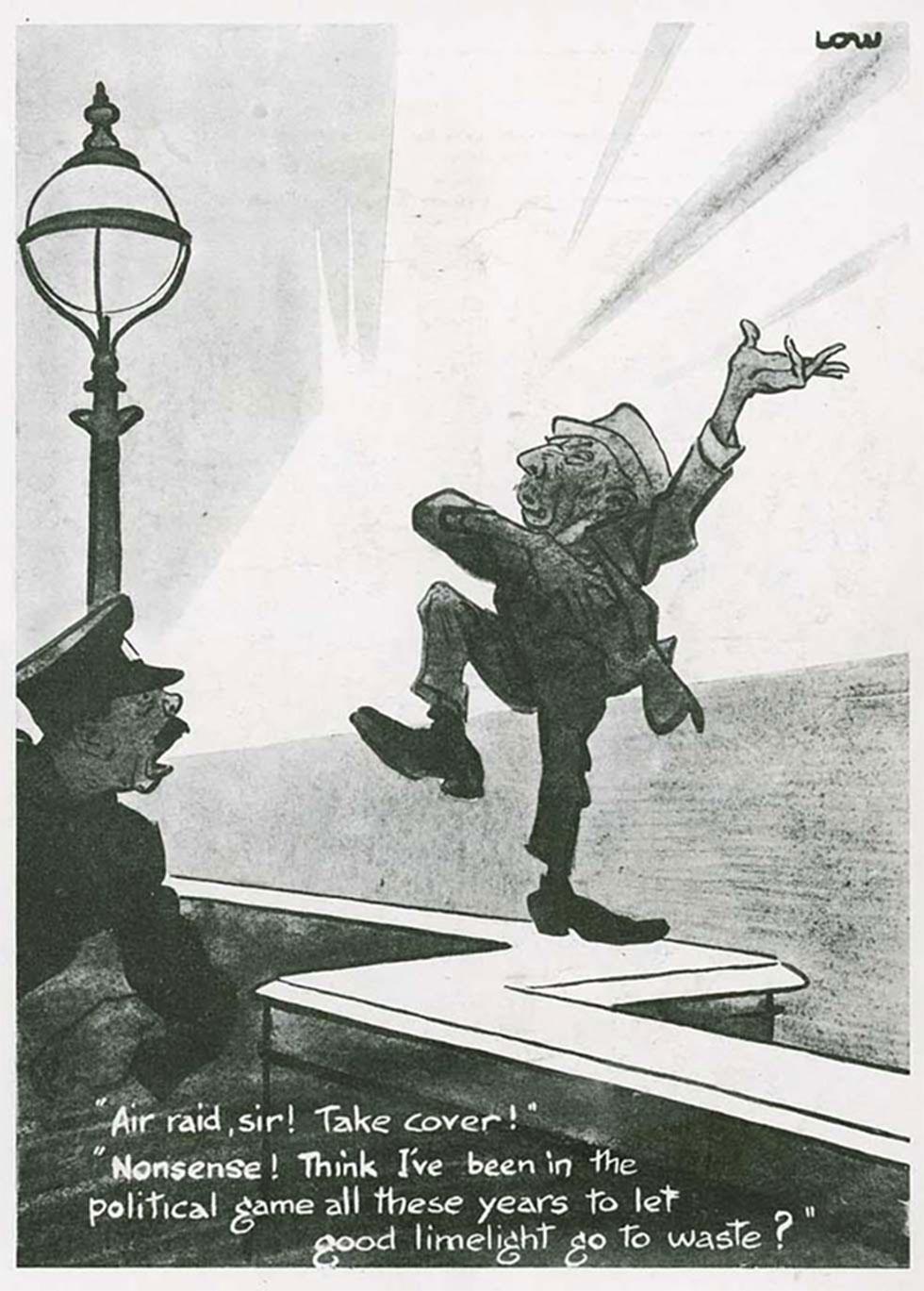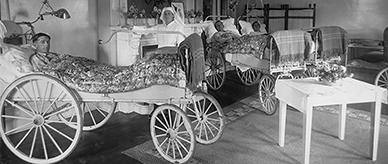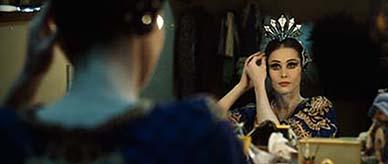


About this record
This is a black-and-white political cartoon from The Billy Book: Hughes Abroad (1918) by cartoonist David Low, showing Australian Prime Minister Billy Hughes abroad on a wartime trip. Hughes is shown performing under a street gaslight while a French police officer warns him about an air raid. At the bottom, the artist has written a mock dialogue: 'Air raid, sir! Take cover!' 'Nonsense! Think I've been in the political game all these years to let good limelight go to waste?' The cartoon is on page 28 of the book, published in August 1918 by the NSW Bookstall Co. Ltd of Sydney.
Educational value
- The cartoon lampoons William ‘Billy’ Morris Hughes (1862–1952), Australia's Prime Minister for most of World War I, suggesting through the caption and his dramatic pose that he seeks out the limelight. The cartoon mocks Hughes's oratory skill that contributed to his success as a former trade union leader and barrister. His widely reported speeches during his 1916 visit to England and France had gained him a reputation for being a flamboyant orator.
- The use of caricature as a tool of political satire is clearly demonstrated, ridiculing Hughes's irascible and dominant personality. Low has exaggerated Hughes's slight build and lampoons him by making his trousers too short and exaggerating his feet and large nose. The top hat and moustache make Hughes instantly identifiable. Low’s drawing style used a full-flowing brush over a lightly pencilled framework, and he was an early pioneer of this technique in Australia.
- Low made his name as a cartoonist by drawing cartoons of Australian Prime Minister Hughes, first creating a stir with his cartoon 'The Imperial Conference', published in the Bulletin in 1916, which depicted Hughes in full cry in international political circles. After this success, Low concentrated on cartoons depicting Hughes's colourful and forceful personality. Hughes was not impressed and apparently called Low a 'bastard' to his face in Melbourne.
- The cartoon was included in The Billy Book: Hughes Abroad, a collection of 50 satirical drawings by David Low about the wartime visit by Hughes to Britain and the Western Front to attend the Imperial War Cabinet from June to August 1918. Low posted copies of the book to various English editors. The book became a bestseller and was praised in reviews. As a result, Low was offered a salaried job at the London Star newspaper in 1919 and moved to England.
- Despite the message of the cartoon, Hughes gained international recognition for Australia through his active role in the Armistice negotiations signed on 11 November 1918. Hughes insisted Australia had the right to a voice on the world stage, earned through its great sacrifice and loss of life in the war. Hughes argued to protect Australian territorial interests and was influential in the negotiations with Germany for wartime reparations.
- Sir David Low (1891–1963) was a foremost cartoonist who achieved an international reputation over his 30-year career. Born in New Zealand, Low began drawing and selling his cartoons from a young age. He worked for the Canterbury Times in New Zealand, then in 1911 at the Bulletin, based in Melbourne. He was knighted in 1962. His body of work includes drawings for over 40 newspapers and magazines worldwide, and 30 books of cartoons.
Acknowledgments
Reproduced with permission of Solo Syndication/Associated Newspapers Ltd.
Learning resource text © Education Services Australia Limited and the National Archives of Australia 2010.
Related themes
Need help with your research?
Learn how to interpret primary sources, use our collection and more.


